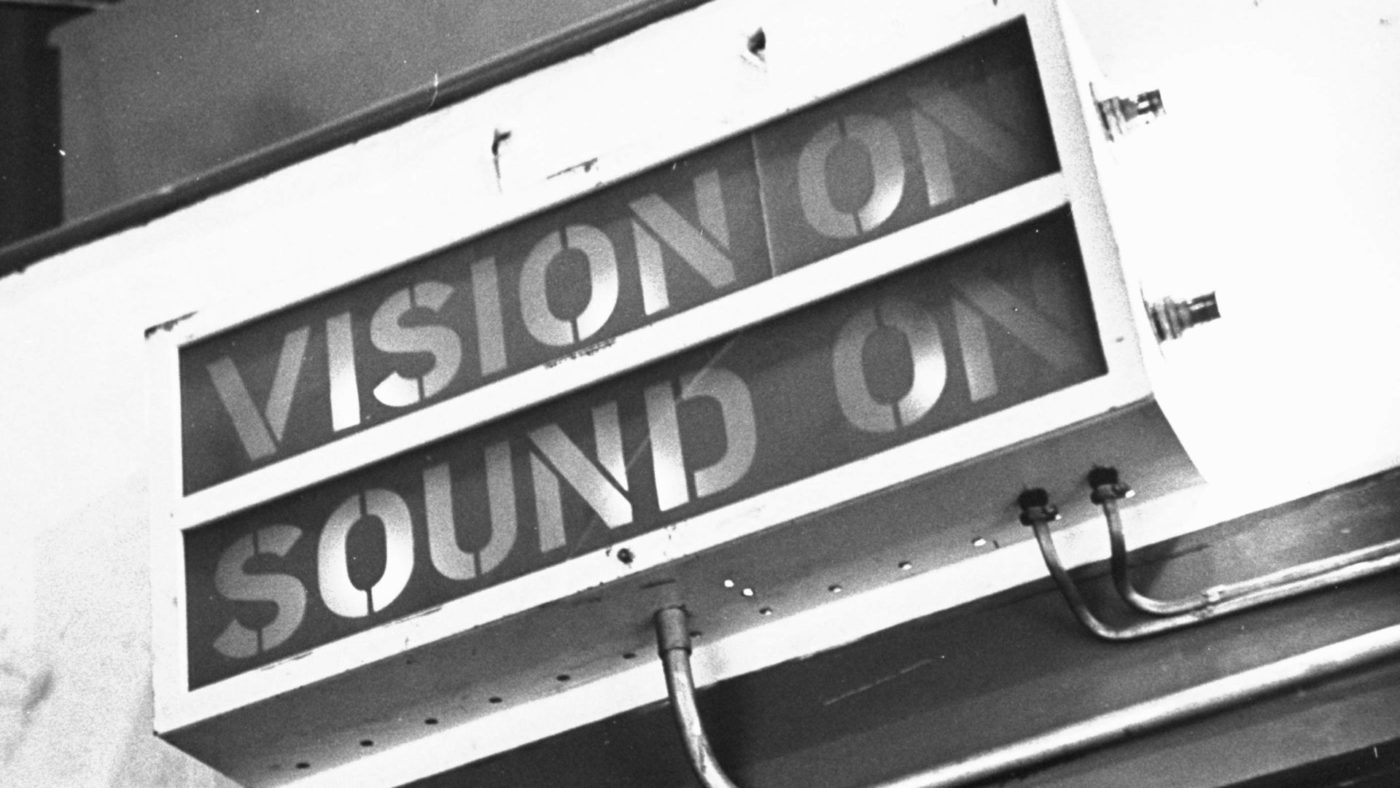The Government has appointed a panel to review the future of public service broadcasting. We can be wholly confident that they will report that little should change.
The panel is made up largely of industry insiders and ex-insiders, and they tend to revere the status quo. The licence fee stops the BBC competing effectively for subscription income against new players and so creates the niche which the innovators exploit. The commercial public service broadcasters like the fact that the BBC cannot compete for advertising. And the BBC, of course, likes its privileged status, which makes it immune from large parts of the regulatory framework and provides it with a steady income stream.
The market is nicely segmented and everybody gets their part of the pie.
From the very beginning it has been vested interests that have dominated the debates around broadcasting. In both the UK and the USA, the state took control of broadcasting for paternalistic reasons. As those arguments went out of fashion, pseudo-economic ones were used to justify state control. In particular, it was suggested that because the radio and television spectrum was limited, the state must regulate the use of available spectrum. It became clear in later years that the state deliberately created spectrum scarcity on both sides of the Atlantic. It was, in the words of the economist Thomas Hazlett, an “unnatural monopoly”.
The Peacock Committee blew some fresh air into this debate in 1986. Its report is, without question, the best piece of work that has ever been undertaken by any UK government on this issue. It attempted to define a rational case for taxpayer support for broadcasting that would not be produced by the market and suggested that funding should be available on a competitive basis. Under this model, if ‘Telegraph TV’ had its own freeview channel and wished to produce a series of programmes on the history of UK political parties, it could apply for a government subsidy and complete head on with the BBC, which would have become a subscription service.
As technology evolved it became clearer that the Peacock proposal was the right model for public service broadcasting in the late 20th and early 21st century. Indeed, Labour’s 2005 Charter Review came as close as any government to making plans for its implementation. Since that time the vested interests, including regulator, Ofcom, have put a stop to reform.
Ofcom’s definitions of public service broadcasting serve the industry and not the public. They suggest that it should reflect and strengthen UK cultural identity through original programming at UK, national and regional level, on occasion bringing audiences together for shared experiences, and that it should be original new UK content rather than repeats or acquisitions. This is contrived, somewhat nationalistic and does not accord with the relevant legislation. In its 2018 public service broadcasting report, it cited as exemplars programmes such as The Great British Bake Off and Gogglebox. These may be good programmes, but they don’t meet any reasonable criteria for public service broadcasting. Ofcom seems to be defining public service broadcasting as that content which is shown by those broadcasters that are defined by Parliament and Ofcom as public service broadcasters.
Today’s broadcasting market is like the market for publishing in the late 19th century. Back then you could buy books in economy and luxury binding, buy pamphlets, pay by the chapter, pay to borrow or subscribe to libraries. Dickens’ A Christmas Carol went through 13 editions in its first year, but was available in a range of other formats too. There was no need for a “public service publishing” to ensure that great writing was produced.
The population at large, but especially young people, watch more YouTube and Netflix than BBC1. Freeview provides great content. Documentaries on the Smithsonian Channel trump anything provided by the BBC both in terms of presentation and intellectual content. Thinktanks, universities and a whole range of other organisations provide superb free-to-air services. There is no need for public service broadcasting to ensure that great content is produced.
Indeed, we should expunge the term “public service broadcasting” from the policy lexicon. There might be perfectly legitimate policy objectives that we wish to achieve in the areas of culture, education and so on. Public sector organisations in these fields might decide that they wish to subsidise broadcasting to meet those objectives. The DCMS might wish to support the broadcasting of Parliament or provision of news in Gaelic, for example. Or the Arts Council might wish to subsidise the Proms to help meet its objectives. Broadcasting is an instrument by which we may try to meet a range of public policy objectives.
But the days of “public service broadcasting” being a government policy objective in and of itself must come to an end, together with all the regulatory infrastructure which it supports. Ministers must have the courage to take that decision, because those inside the industry will continue to nail the parrot of public service broadcasting to its perch.
Click here to subscribe to our daily briefing – the best pieces from CapX and across the web.
CapX depends on the generosity of its readers. If you value what we do, please consider making a donation.


